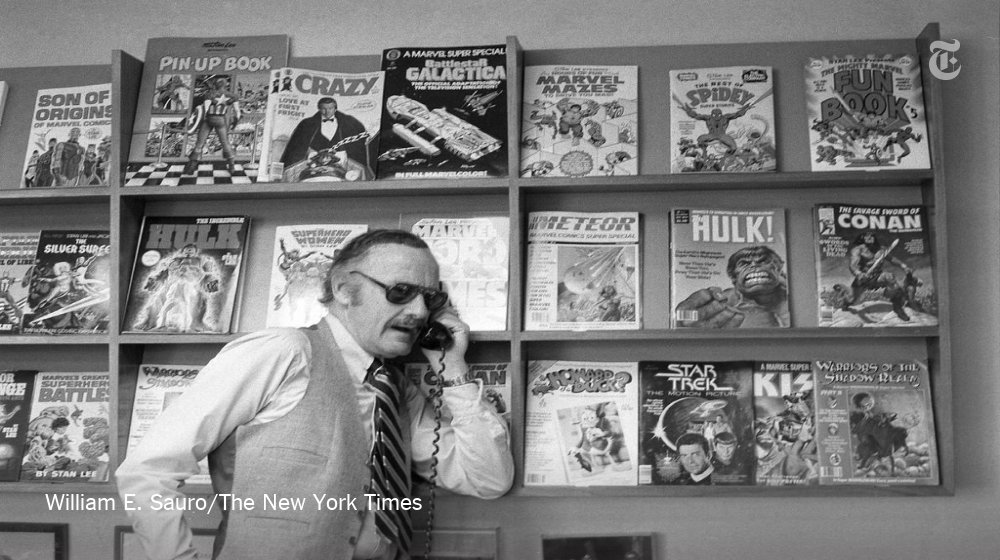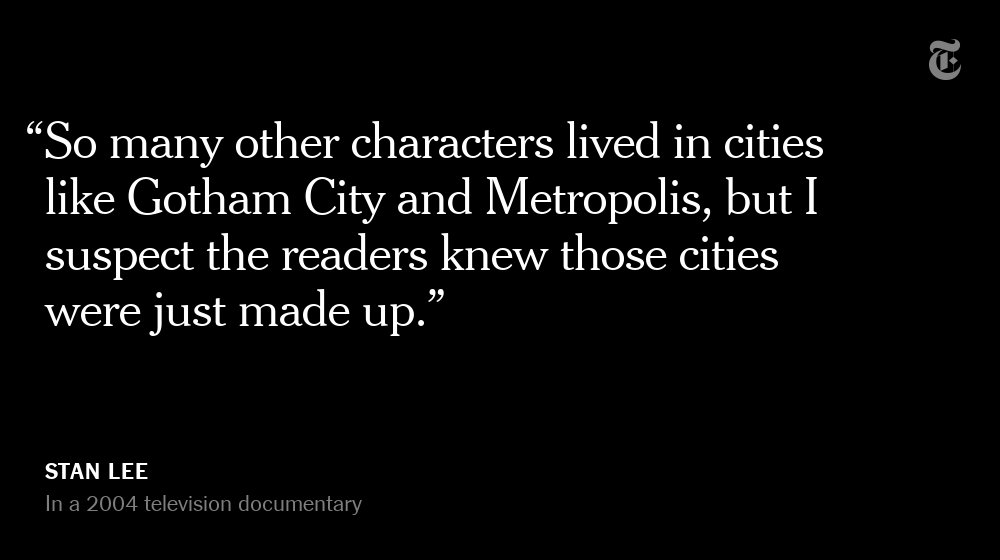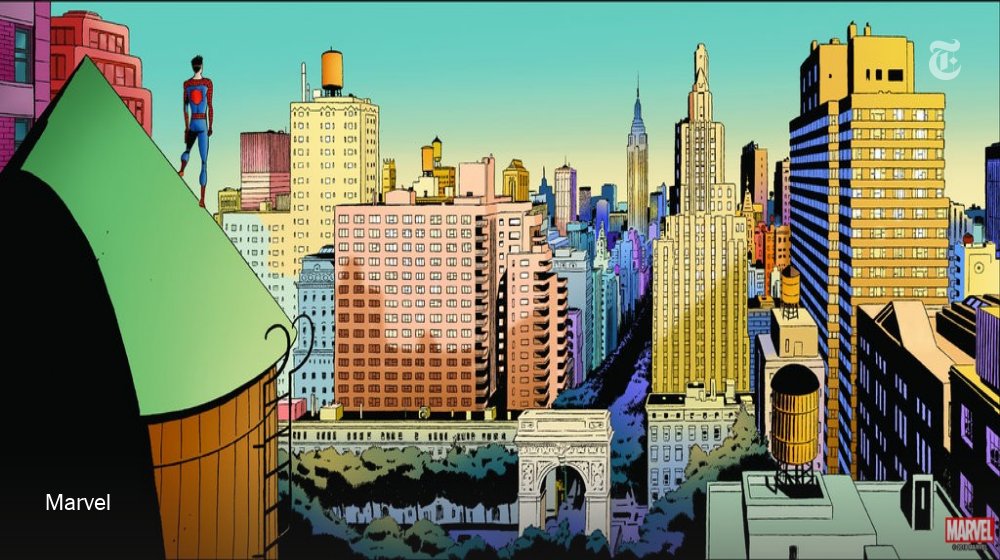Let’s imagine what his life looked like then, & what it became.
In the 1880s, this teen sees a world where more Black voters are registered in Louisiana than White voters. He sees large numbers of Black voters registered AND voting in other southern states as well.
2/
Black turnout in the 1880 Presidential election is 61%.
And with this high level of Black participation in elections, this 16-year old grows up seeing Black men (not women yet) serving in office at almost every level.
3/
We’re talking mayors and sheriffs, state reps and judges, even State Supreme Court justices, house speakers, lieutenant governors and members of Congress.
I would never want to understate the racism and challenges this 16-year old faces in daily life…
4/
…but when it comes to participation in the nation’s democracy, things at least look to be moving in a good direction
And if he studies his recent history, this teen also is buoyed by the response of Pres. Grant when white supremacists tried to stop this new Black participation.
Grant brought the full force of the federal government to bear to stop those efforts, including tackling terrorist violence that reared its ugly head when this teen was a toddler.
But as our 16 year old ages just a few years, things change.
6/
As he and other Black voters come of age and try to vote or register in the late 1880s and 1890s, they begin to encounter a growing maze of rules and obstacles that keep more of them from doing so.
(And the reason given for the new obstacles is that Black voters like him…
7/
…are either not intelligent enough to vote or serve in government, or that they are so intelligent they have figured out how to game the system through “voter fraud” — so he knows these reasons don’t add up)
To give an example, in his 20s, this young man might’ve…
8/
…been required to answer a complex set of challenging questions as he tries to register. And if he fails he can’t vote
But his white neighbor who is less literate than he is, and also fails….he still gets to register because his grandfather was registered to vote in 1864..
9/
..when our young man’s grandfather wasn’t (for obvious reasons).
This young man also encounters other obstacles to voting (new taxes he can’t afford, party primaries he’s barred from voting in because he’s black, etc.)…
10/
…but the most real is of course the specter of violence that Black voters increasingly face when they try to participate. And the sad reality that after such violence happens, none of the perpetrators are ever held accountable even though people know exactly who they are.
11/
And this young man of course begins asking himself…why should I take a test I know I will fail, or pay that cumulative tax I can’t afford, when I risk my own safety (or that of my new family) by doing so? So he likely stops trying to vote in the way his father & grandfather did
And his teenage confidence that the fed govt will protect him? After 1890, that also fades, when Congress fails to pass legislation that would’ve repeated the fierce, Grantian resistance to these renewed threats to Black participation. (Yes, it dies by way of the filibuster)
13/
And over the next decade, without that federal support, his memory of the 1880s fades. In its place, for the same reason he doesn’t, no one around our 20-something is registered, or votes. They are essentially barred by law, and if they try to…
14/
…they risk violence, or unemployment or other consequences for them or their families. And by now, the federal government has walked away. They are alone, no longer part of America’s democracy.
15/
…they risk violence, or unemployment or other consequences for them or their families. And by now, the federal government has walked away. They are alone, no longer part of America’s democracy.
16/
It’s so bad, that by the turn of the century, the 128,000 registered Black voters in Louisiana falls to the low 1000s—by 1906, 1,342. By 1910. Only 730. In S Carolina, Mississippi, Alabama, similar declines. From 300,000 collectively to around 3,000 in each state by 1900.
17/
So when he’s in his 30s, unlike when he was 16, no Black man he knows votes. While White folks all around, even the ones who couldn’t pass that test, always vote. So of course their candidates always win.
18/
Around the time he is 40, even presidential elections pass by with hardly any Black involvement. (2%, versus the 60% when he was 16).
But far more than just not voting, the results of that lack of voting are everywhere.
19/
First, all those Black officials he grew up seeing all around him, at every level…by the time he’s in his 30s, they’re all gone. From local office. From judgeships. From statehouses. From Congress
20/
Second, as a result, every year new racist laws target every aspect of his life, & every Black person he knows. Rules that weren’t there when he was a child, or a teen. And since he and they can’t vote, they can’t change those laws.
21/
And whenever the most educated people he knows go to court & challenge them, court after court says that despite clear words suggesting otherwise, there is nothing in the law or Constitution that requires them to change a thing. So they’re stuck.
22/
Then, in his 30s, 40s & later, this man watches as the most racist & vile of those who created this new apartheid system are rewarded, rising to become Govs, Congressmen & Senators in DC, treated as national leaders by politicians all across the country—including presidents
23/
And that hateful handiwork—work that forever altered the course of his life—is celebrated as the names of its architects begin to appear on buildings & bridges & statues in town after town. Even in Washington.
24/
If this man reaches his 60s and 70s, he does start to see small signs of change. His and others’ grandkids who fought in WW2 come back expecting more. Demanding more. He cheers on Jackie Robinson when he enters baseball. He reads that some of those lawsuits start to succeed,
25/
on paper at least, even if he doesn’t see any changes in his town.
But even these feel small, since unless this man lives into his 90s or more, from his mid-20s on, this man will likely never see a local Black official—when they were present at all levels when he was 16.
26/
And he for the most part will never see any change to the Jim Crow laws that upended his world when he was in his teens, 20s and 30s.
Unless he makes it to close to 100, he will die not knowing if the new generation of young people demanding change will achieve it, or…
27/
face the angry backlash, violence and lack of federal support he did a century before.
And while he may have achieved personal happiness and meaning in many other ways, THAT is the trajectory of his public life as an American.
28/
Now, I hope you see why I can’t stop thinking about this man’s life
I would love to talk to him, and hear more about the forgotten and intentionally erased history of that original world he grew up in. I would love to hear him explain what the failure to fight for a full…
29/
…democracy back in the 1880s and 1890s did to him and the world he knew.
I imagine he’d remind us that what happened was not inevitable. But was a product of poor decisions along the way. Not just by the racists and White supremacists. But by the others….
30/
who didn’t see it, or at key moments chose not to fight back.
Or chose to compromise to get other things done, while he paid the price. People who took for granted that progress would just continue.
Why else do I think so much about this 16-year old from the 1880s?
31/
Because I think every day about the 16-year old girls & boys of today. Or slightly older. Or my 8- and 5-yr olds. Who grew up in a country where certain rights and processes felt guaranteed, and generally have been taken for granted.
32/
But how recent events have shown, as in the late 1800s, that taking any of them for granted turns out to be a tragic mistake.
And how, like our 1880s teenager, their lives will be shaped by the actions we take in the next few days and years—
33/
for the better, if we revive the democracy and core rights we have taken for granted.
Or for the dramatically worse, if we let democracy collapse in front of our eyes.
Learn the lesson, folks.
Four days left.
Do whatever you can to lift democracy.
And then after…
34:
…Tuesday, keep right on going. Keep fighting.
Learn the lesson. Remember the forgotten lives.
Democracy and freedom can be lost if you don’t keep fighting for both.
Always.
END






